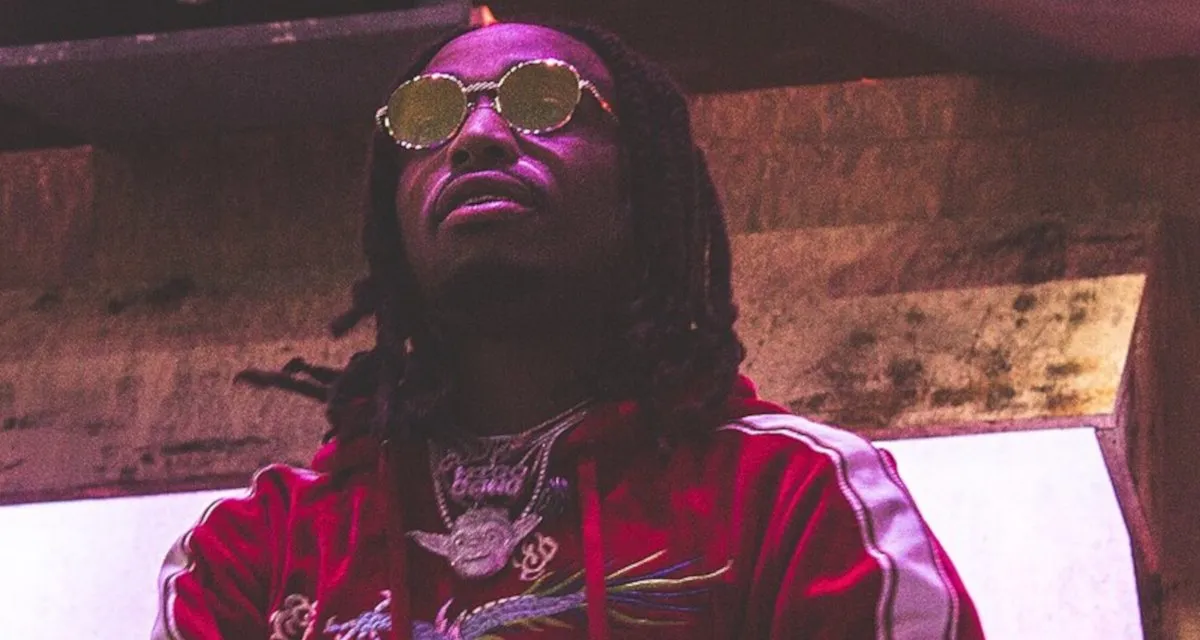
Hybe and Quality Control Dropped from Sculpture-Centered Copyright Suit — Litigation Continues Against Quavo
A live performance from Quavo. Photo Credit: The Come Up Show
Just shy of three months later, Hybe America and its Quality Control Music Publishing subsidiary have been dropped from a copyright infringement suit centering on a 2018 sculpture. According to visual-artist plaintiff Daniel Arsham, that sculpture, Quartz Eroded 1961 Ferrari GT, appeared in a Quavo-uploaded social media teaser for “Trappa Rappa.” Hitting Instagram and TikTok alike, the promo video (besides subsequently uploaded stills thereof) allegedly showed Quavo performing in front of the relevant work.
Unsurprisingly, in light of the complaint, Arsham claims he, despite being tagged in the posts, didn’t sign off on the usages. Subsequently, “Trappa Rappa” released in February via Quality Control; the music video features a vehicle but not Quartz Eroded 1961 Ferrari GT.
Now, Hybe America and Quality Control are officially off the hook as defendants. However, Arsham voluntarily dismissed the claims against them without prejudice, meaning the action could resume down the line.
Especially as litigation is ongoing against Quavo, the parties didn’t come right out and disclose the details behind the development. Worth noting, though, is that Arsham apparently intends to host an art exhibit in Seoul – where Hybe proper is headquartered – next month.
Following the points to their logical conclusion, and particularly given the alleged infringement’s nature, it’s possible that the suit could wrap sooner rather than later. (Since our initial coverage in April, Quavo has seemingly removed the allegedly infringing social posts as well.)
In any event, the Arsham v. Quavo case isn’t the only unique music-world copyright battle delivered by 2025’s opening half.Also in April, a TikToker – and the self-described creator of the namesake dance associated with Charli XCX’s “Apple”– sued Roblox for allegedly infringing on her IP with an Apple Dance emote.
Last month, Roblox fired back with a firmly worded dismissal motion, claiming at the outset that the plaintiff lacks “a valid registration” for the dance. Per the same dismissal push, the Apple Dance creator did, in fact, approve a licensing arrangement with Roblox and Warner Music.
The major, “acting in conjunction with Roblox, offered Plaintiff $5,000 for a license,” according to the document. Astonishingly, that made way for a $7,500 counteroffer, with $1,500 in anticipated fees upping the total to $9,000, the dismissal motion shows.
Evidently, something went wrong between the (accepted) counteroffer and April. As Roblox tells the story, after the corresponding in-game promotion launched, the filing party attempted “to renege on the terms—and when she could not renegotiate them, she shifted tactics—from the bargaining table to the courtroom.”











